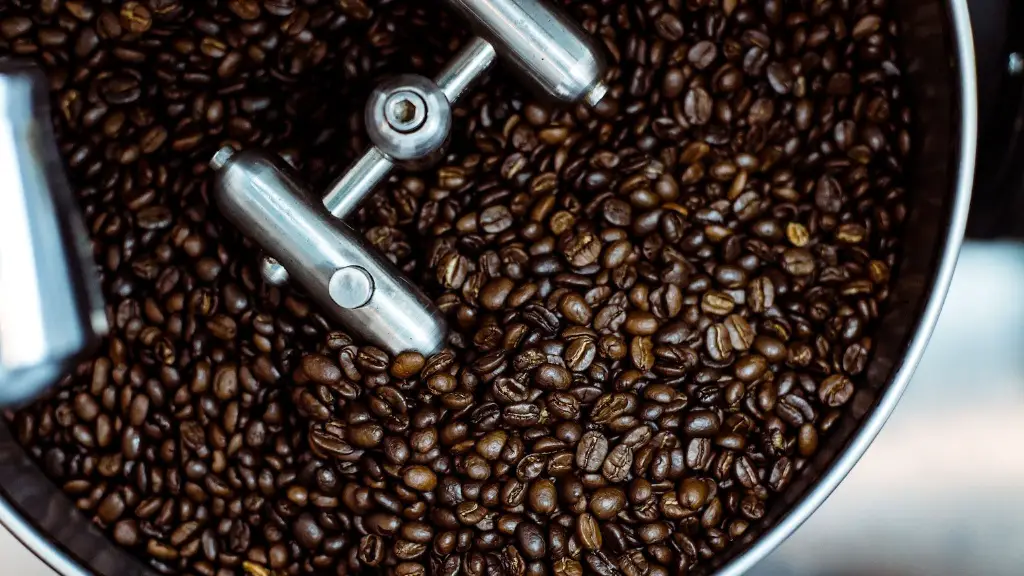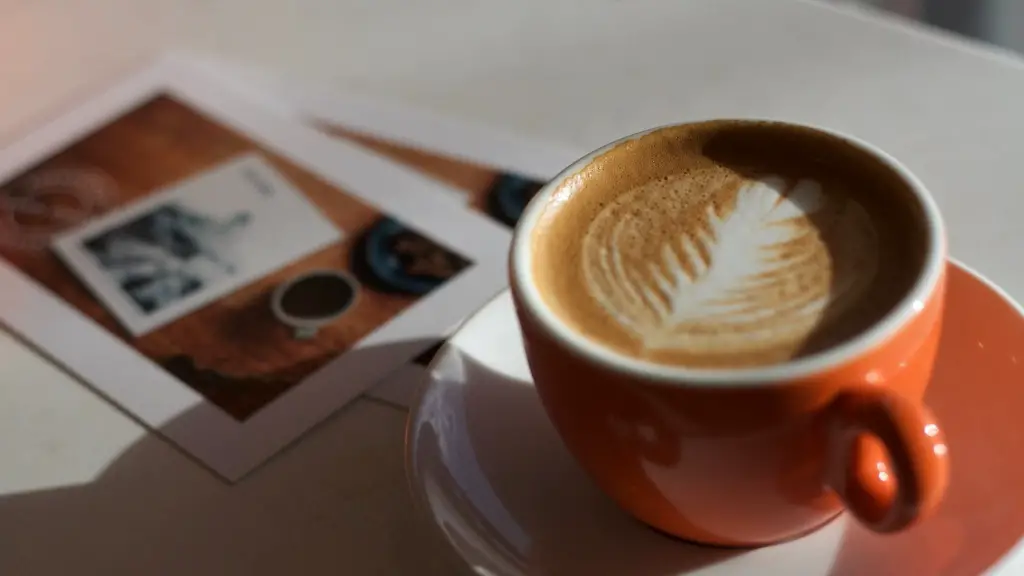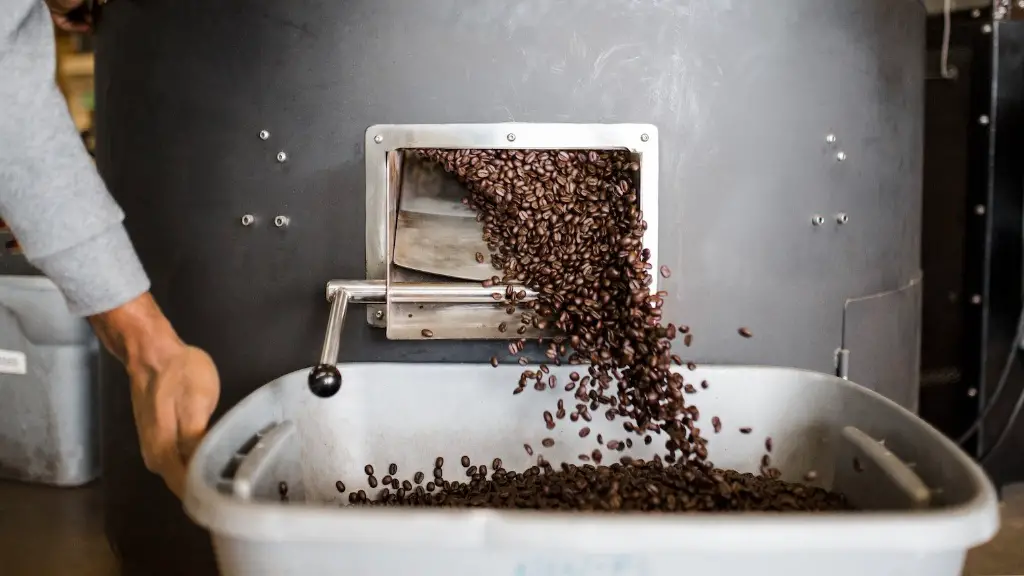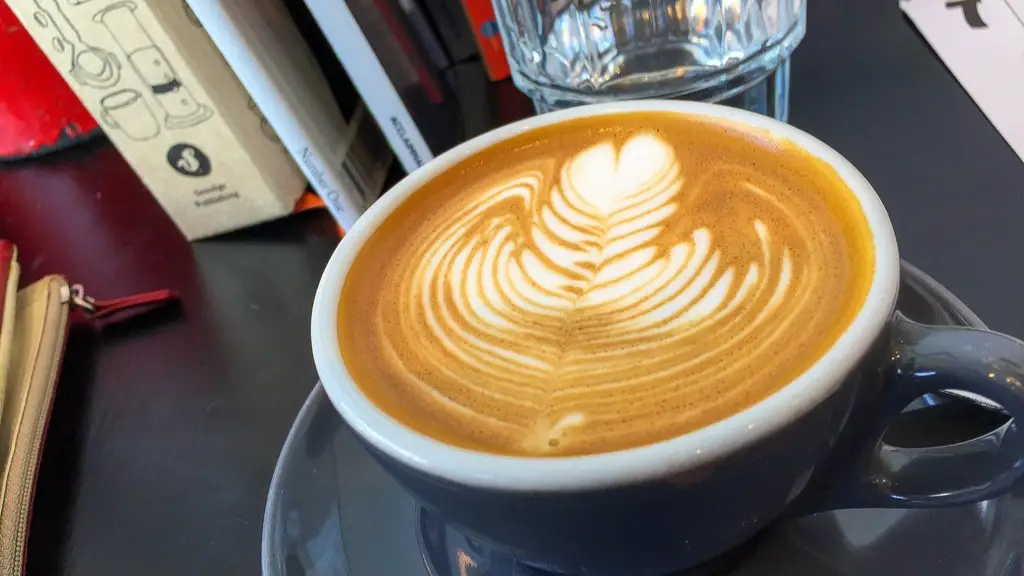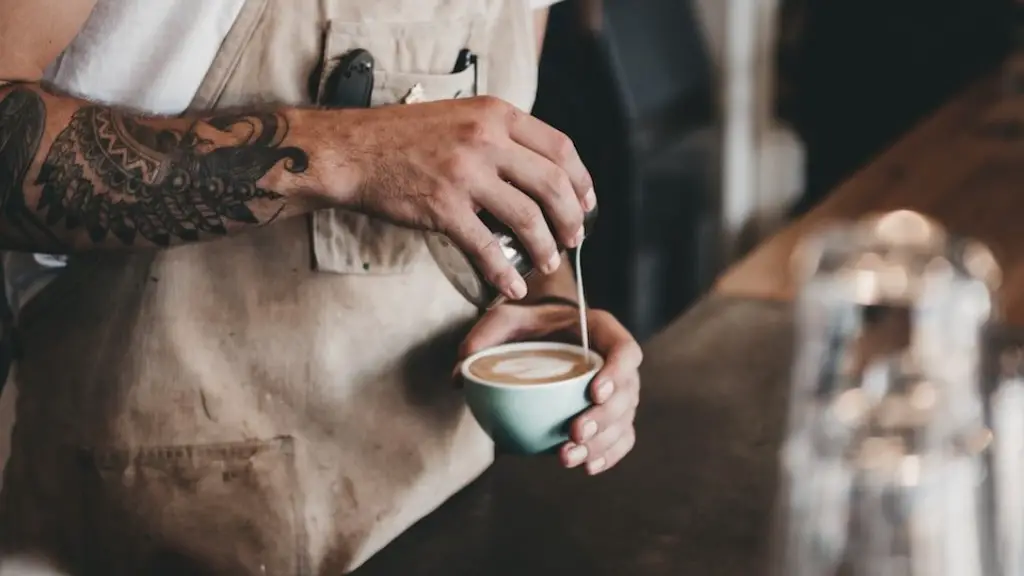Can I Drink Coffee In The Evening
Are you one of those people who love to end their day with a cup of coffee? If so, you may have wondered if drinking coffee in the evening is a healthy habit or not. Many experts have weighed in on this issue and the consensus is that there can be both pros and cons to drinking coffee in the evening.
There are those who believe that drinking coffee late in the day could inhibit your ability to get a good night’s sleep. Caffeine, of course, is a stimulant and can excite the body and make it difficult to settle down into a restful state. Additionally, later in the day, when sunlight hours start to decline, our bodies naturally start to produce hormones like melatonin which can make us feel sleepy and relaxed.
On the other hand, drinking coffee in the evening has some notable benefits. Firstly, coffee can help to improve alertness and cognition, so it can be a particularly useful companion to evening activities. Furthermore, coffee contains a number of antioxidants that can help to reduce inflammation in the body. This could be beneficial if you are engaging in evening workouts or if you are suffering from achy muscles and joints.
The amount of coffee consumed matters too. A cup or two of coffee in the evening might actually be helpful in keeping the body alert during evening hours, but if you find yourself drinking too much, then it could have a detrimental effect. Excessive amounts of caffeine can increase levels of cortisol, the “stress hormone,” which is not conducive to winding down for sleep.
It’s worth considering what other substances are being consumed with coffee, as well. For example, adding cream or sugar to your coffee can cause a spike in blood sugar that could make it harder to fall asleep. Similarly, coffee with added alcohol will affect the body differently than just coffee alone, so it’s important to choose what you are adding to your coffee carefully.
In the end, fortifying yourself with a cup of coffee in the evening can have its benefits if done in moderation. There’s nothing wrong with a cup of coffee, but it’s important to be mindful of your intake and know that it may affect your ability to get restful, restorative sleep.
How Late Is Too Late?
When it comes to drinking coffee in the evening, the biggest factor to consider is timing. The fact is that you should try not to drink coffee too late in the day, especially as you get closer to your bedtime. It is best to stop drinking coffee several hours before you plan to go to bed, which can vary depending on the individual.
Talk to your doctor or healthcare provider to find out when is the best time for you to stop drinking coffee. They can also tell you how much caffeine might be safe late in the day for you to consume, since the amount varies from person to person. Additionally, you may want to consider herbal teas such as chamomile or lavender for an evening pick me up without the caffeine hit.
The Effect On Body Clock
Our bodies are very sensitive to changes in our daily habits, especially our sleep patterns. Drinking coffee in the evening may be harmless for some people, but for others it could disrupt their body clock. This can lead to difficulty falling asleep or waking up in the morning feeling exhausted.
It’s important to be aware of signs that your body is struggling with this late-night coffee intake. If you are having difficulties getting to sleep at the same time every night, or if you find yourself feeling overly tired in the morning, then it’s worth reconsidering your evening coffee habits.
Our bodies need regularity and consistency to function optimally. When our sleep patterns get off track or disrupted, it can have a ripple effect through our regular routine, making us feel sluggish and unfocused.
The key is to figure out when is the best time for you to observe a cutoff for caffeine-containing beverages. This will be different for everyone, so make sure you pay attention to the signs that your body is giving you in order to get the best results.
Factors That Influence Sensitivity To Caffeine
How sensitive you are to the effects of caffeine will depend on a few different factors. Genetics plays a role, as some people may be more sensitive to the effects of caffeine than others. Your gender and body size can also influence how caffeine affects you. Generally, women and smaller individuals are more sensitive to caffeine, while men and larger individuals may be less affected.
Also, individual health conditions such as anxiety, acid reflux, and overactive bladder can make your body more sensitive to coffee. If you suffer from any of these conditions, it’s wise to limit your coffee or caffeine consumption to ensure your body is getting the rest and relaxation it needs.
Beneficial Alternatives To Coffee
If you do want to avoid drinking coffee in the evening, there are still plenty of drink options that can satisfy that craving and offer some beneficial effects. A great alternative to coffee is green tea, which contains only about a quarter of the caffeine that coffee does and offers a number of health benefits. Additionally, herbal teas are a great option for those who are looking for a caffeine-free drink that can still provide that same light and refreshing sensation.
Another great option is to mix coffee and hot water for a less concentrated version of coffee that still provides flavor and a slight stimulant effect. This method can be great for those who don’t want to give up their evening cup of coffee, but are looking to reduce their caffeine intake.
Should You Drink Coffee In The Evening?
Ultimately, it is up to you to decide if you should incorporate coffee into your evening routine. It is important to pay attention to your body and consume coffee in moderation to avoid any unwanted side-effects. Additionally, you can opt for some of the healthier alternatives such as herbal teas or decaffeinated coffee.
Experts recommend avoiding drinking any caffeinated drinks at least six to eight hours before bedtime, so it may be wise to start paying attention to your intake and adjust your habits accordingly. Keeping your evenings caffeine-free may help to ensure that you are getting a good night’s sleep and allowing your body to rest and recover.
What About The Decaf Option?
Decaffeinated coffee is an option for those looking to enjoy coffee in the evening while avoiding the stimulating effects of regular coffee. However, it’s worth mentioning that some studies have indicated that decaf can still have stimulant properties, albeit to a lesser extent than regular coffee.
In addition, decaffeinated coffee may contain trace amounts of caffeine, so if you are particularly sensitive to the effects of caffeine, it might be best to avoid it altogether. Additionally, some people might not notice any difference in their sleep even if they do drink decaffeinated coffee in the evening.
Final Tips For Smart Coffee Consumption
The key when it comes to drinking coffee in the evening is to pay attention to your body and the signals it is giving you. Make sure you are not overindulging in coffee or any other caffeinated beverages and pay attention to how these drinks are affecting you. Additionally, opt for healthier alternatives such as tea or decaffeinated coffee in the evening.
It’s also important to remember that factors like genetics and body type can affect how your body processes and responds to caffeine. If you are unsure, speak to your doctor or healthcare provider to find out what is the best approach for you when it comes to coffee consumption and your evening routine.
